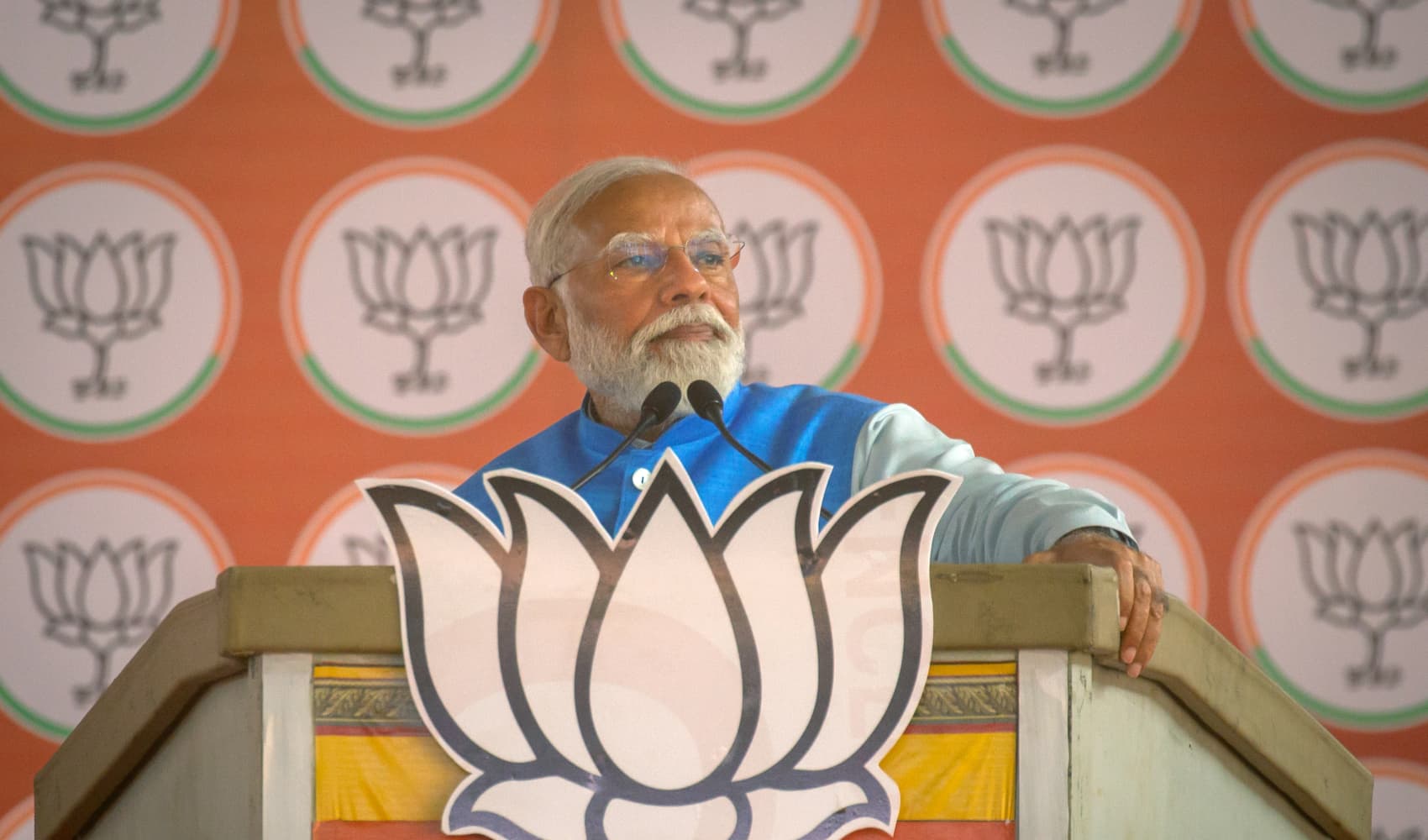
- Russia's war on Ukraine will reinforce the tech industry's idea of its role in national security, former Google CEO Eric Schmidt said on CNBC's "Power Lunch" Monday.
- Schmidt said it's ultimately better to keep Russia "integrated with information" so its citizens "can see what they're missing out [on]."
- Western sanctions are essentially "putting Moscow back to where it was in 1980s with food stamps, long lines and things like that," he said.
Russia's war on Ukraine will show tech companies why national security is important and why they should help support it, former Google CEO Eric Schmidt said on CNBC's "Power Lunch" Monday.
"The war is going to help solidify the tech companies' understanding of why national security is important," Schmidt said.
"If you believed, falsely, that 10 years ago, that war had been eliminated, that conflict was eliminated, we didn't need militaries and so forth to protect us, then you would say, 'Let's not work with the government, let's not focus on this stuff.' And I think we've unfortunately and horrifically put that argument to bed. We need a strong national security in our country, and the tech industry needs to support it."
Get Boston local news, weather forecasts, lifestyle and entertainment stories to your inbox. Sign up for NBC Boston’s newsletters.
Schmidt has long been a supporter of the U.S. national security establishment; in 2016, for instance, he took a role as a technical advisor to the Pentagon, according to Reuters.
But employees at tech companies, including Google, have sometimes protested tech companies' contracts with federal defense contractors. In 2018, for example, following protests from employees, Google told them it would not renew a Pentagon contract to analyze drone videos with artificial intelligence.
After Russia's invasion of Ukraine, tech companies have taken steps to prevent their platforms from becoming conduits for Kremlin propaganda. Meta's Facebook notably labeled state-owned outlets as such and refused to suspend the practice, resulting in the service being restricted by the government. Later, Meta allowed for users to call for "death to the Russian invaders," leading the Russian government to open a criminal investigation into the company.
Money Report
Western sanctions are essentially "putting Moscow back to where it was in 1980s with food stamps, long lines and things like that," Schmidt said.
But when it comes to technology, he said, "I think we are collectively better keeping them integrated with information" so Russia's citizens "can see what they're missing out [on]."
Schmidt was CEO of Google from 2001 to 2011, and served in other roles, including executive chairman, before reportedly leaving the company entirely in 2020. He currently serves as the co-chair of Schmidt Futures, a philanthropic foundation.






